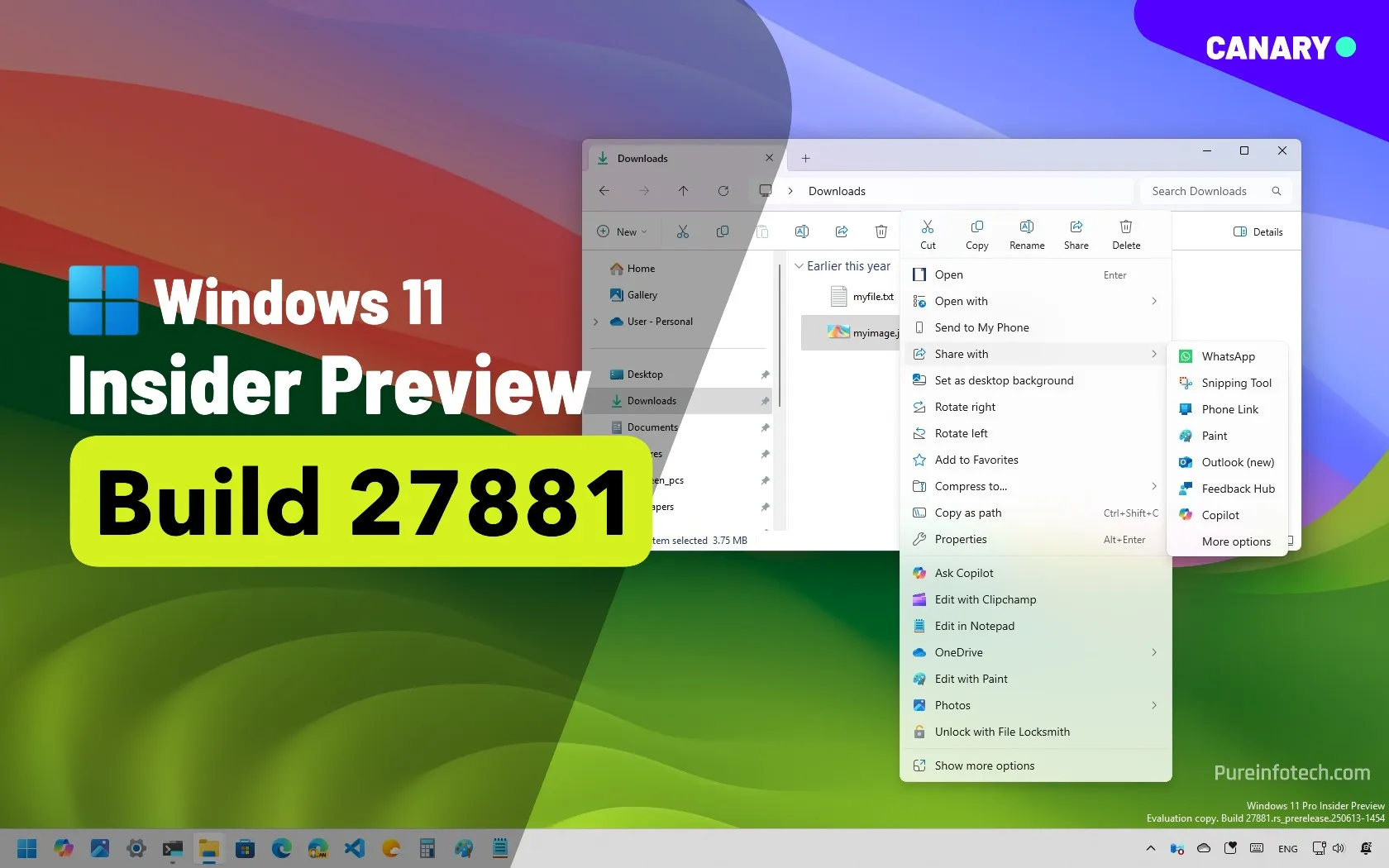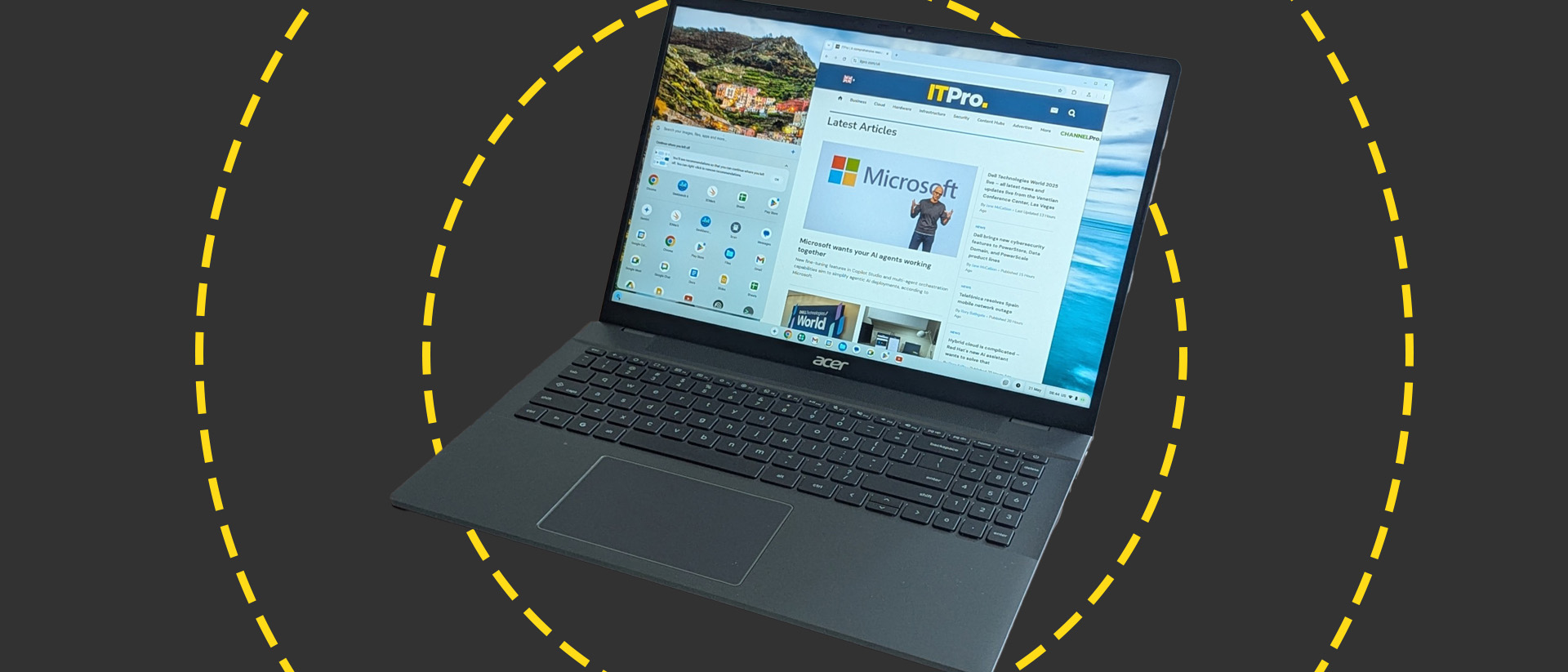Will a VPN stop Facebook and Instagram from mining my data?

Are you curious if a VPN can stop Facebook, Instagram, and Threads from mining your data? While a VPN does a great job of hiding your IP address to protect your location, it doesn’t stop these platforms from tracking your activity, such as clicks, interactions, video views, and others.
Some VPNs do have tracker and ad-blocking features, which may prevent Meta’s partners from building an extensive profile around your interests while browsing the web. However, it’s important to note that these features may not block all tracking forms, especially those embedded in apps or websites (such as Meta Pixel).
You’ll want to mix VPN use with other privacy tricks to cut down on data collection from social media. In this article, we’ll cover how Meta collects your data, what info they have on you, and the limitations of VPNs against data mining. We’ll also provide some practical strategies you can use to minimize tracking and enhance your privacy.
How Facebook, Instagram, and Threads collect your data
Facebook, Instagram, and Threads gather data through everything you do: clicks, likes, posts, and sharing your location. They track your interests, interactions, and even how long you spend on posts or ads. This data helps build a profile for ad targeting and recommendations.
Beyond your activity, they collect data from device settings, location permissions, and connected apps. Even browsing Facebook on a computer means data collection, as trackers and cookies can follow you around the web, adding to the extensive profile they maintain on users.
What data does Meta collect about you?
Here’s a breakdown of the info Facebook, Instagram, and Threads collect as part of their data mining efforts, according to the Meta privacy policy:
- Activity tracking: Information on your posts, comments, audio, media shared, and hashtags used, including data from camera and voice features.
- Messages: Contents of private messages are available if other users report; otherwise, end-to-end encryption maintains your privacy.
- Metadata: Metadata on DMs and content as allowed by local legislation.
- Content interaction: Your interactions with ads, content, apps, and features, including how you engage with them or your usage patterns.
- Purchases: Transaction details, including payment information.
- Activity metrics: Timestamps, frequency, and duration of your activities, including connections with friends and followers.
- Contacts: Info on your contacts if you upload or sync your address book.
- Inferred information: Details about you based on others’ activities, like friend suggestions.
- Device and location info: Data about your devices, including software, usage patterns, and approximate location using your IP address.
- Third-party data: Information from partners about your device, web activity, app usage, and interactions with ads, including cookie data.
- Account linking: Data from partners connected to your account if applicable, regardless of your login status.
Related:
That’s quite a lot of information, and this is supposed to be a summary. So, can a VPN stop Facebook, Instagram, or Threads from mining any of the data described above? Short answer: yes, but its effectiveness is somewhat limited. Read on for the details.
Does a VPN stop Facebook, Instagram, and Threads tracking?
A VPN hides your IP address, so Facebook, Instagram, and Threads can’t see your location directly. This is helpful if you’re trying to prevent location-based ads. However, it doesn’t stop the apps from collecting activity data since VPNs don’t mask your interactions with the apps.
Even when using a trusted VPN provider, these platforms can still log your clicks, interests, and more. Your account data and device identifiers also remain accessible. So, while VPNs help hide your physical location, they don’t fully block other forms of tracking built into the apps.
For instance, some VPN features, such as NordVPN’s Threat Protection, block ads, trackers, malware, and phishing URLs. These can enhance your online privacy by blocking tracking from Meta’s many partners and keep you secure against various cyber attacks.
That said, they won’t block non-malicious trackers like Meta Pixel and others used by the Meta family of apps. Since these tracking methods are embedded in the page code, they usually evade standard DNS and blocklist-based VPN filtering.
In the end, VPNs’ protection against Facebook, Instagram, and Threads data mining is limited to hiding your IP/location or blocking some ad vendors on third-party websites.
NordVPN Coupon
74% off 2 year plans + 3 EXTRA months
 Get Deal >
Get Deal >
Discount applied automatically
Below, we’ll cover some more effective ways to stop tracking on social media platforms, including on third-party websites that use tracking pixels.
- Adjust your privacy settings: Switch to private profiles across Facebook, Instagram, and Threads so only approved followers see your posts. Filter unwanted content with tools like “Hidden Words” and adjust ad settings to reduce targeted data collection.
- Use privacy-focused browser extensions: With uBlock Origin (or AdGuard on Safari) and the proper ad-blocking filter lists, you can block pixels and other tracking tools to limit data mining by Meta.
- Clear your browsing data regularly: Regularly clear your cookies and cache to avoid tracking scripts following you across different sites. Many trackers can “re-identify” you over time, so clearing this data can break up tracking continuity.
- Limit app permissions: Apps often request access to data they don’t need, so disable permissions like location, contacts, and microphone if they’re not essential to the app’s core functions.
- Be mindful of what you share: Every post, comment, and like can contribute to the profile these platforms build about you. Avoid sharing personal details, like your location, interests, or opinions on sensitive topics, lest political ads on Facebook and other platforms target you.
Combine these tips with a capable VPN to hide your physical location, and you’ll effectively minimize what Facebook, Instagram, and Threads can data mine about you.
Does a VPN stop Facebook tracking?
A VPN helps protect your IP address, making it harder for Facebook to track your location. However, it doesn’t stop Facebook from collecting data on your interactions, clicks, and interests within the app. While it adds a layer of privacy, complete tracking prevention isn’t possible.
Will Facebook block me if I use a VPN?
Generally, Facebook won’t block your account for using a VPN. However, it may flag unusual login attempts or locations as suspicious, leading to temporary access restrictions. To avoid issues, ensure you connect to a server in a country where you typically log in.
Does a VPN interfere with Instagram?
Using a VPN with Instagram typically doesn’t cause interference. It can help you maintain privacy and access the platform from different locations. However, be aware that changes in IP address might trigger security checks, requiring you to confirm your identity with an ID.
Does a VPN stop data tracking?
A VPN boosts your privacy by masking your IP and encrypting your internet traffic. Top VPN providers like NordVPN even implement ad- and tracker-blocking functionalities. That said, Facebook, Instagram, and Threads can still track your activity with cookies, app interactions, and other methods (e.g. Pixel), which require a dedicated ad-blocker to get rid of.
Read more:
Source link










